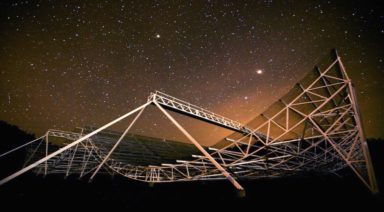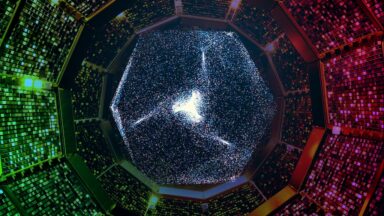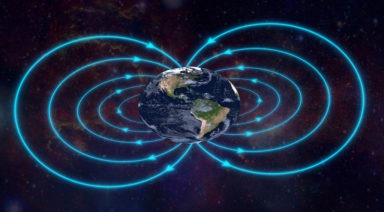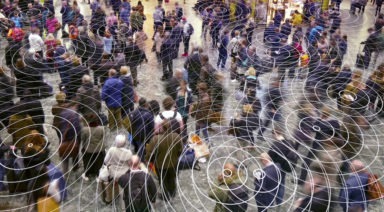How to Prepare for Upcoming Solar and Lunar Eclipses

Eclipse season will be here soon, here’s what you can expect and how to prepare for this cosmic dance between the Sun, Moon, and Earth.
Both solar and lunar eclipses hold strong energy in astrology. They can shake us up and stimulate change within ourselves to reach our highest power. We will soon see a partial solar eclipse and a lunar eclipse. What can we expect from these cosmic events?
“Eclipses take place when we have lunar events, which are full moons or new moons that fall close to the nodal axis,” Astrologer Mercedes Arnus Arraut said. “So what is the nodal axis? The nodal axis is the axis of intersection between the orbit of the moon around the Earth and the orbit of Earth around the Sun. That intersection has a north and south, and those points are called nodes. So, the north node represents our destiny; or future, where we’re headed as humanity, what is our destination, what is our direction, where do we need to focus on. In the south, the south node represents our past; what we need to purge, what we need to cleanse, what we need to integrate, what we need to let go…”.
The first eclipse will be on April 30, but Arraut says we will feel it a lot sooner.
“We usually start feeling it around a month before the first eclipse takes place. So, this first eclipse that takes place, the 30th of April, brings many changes into our lives, since all eclipses are like catalysts that align us with our highest purpose. Eclipses literally will cleanse, detox, and be used as tools to show us what path we need to follow,” Arraut said.
Soon after the solar eclipse,we will see a lunar eclipse in May. How does this relate to the solar eclipse we just had?
“We can expect endings, closures, cleansings through situations that needed to detox from our lives,” she said. “So, Scorpio is already the energy of emotional detox of power and empowerment. So, we can be feeling very emotional close to this eclipse, but it’s also going to give us the power to move forward with those changes we’re already starting with the previous eclipse. So, it’s very normal to be experiencing this and to let go of certain situations with this eclipse. But we can definitely see a lot of endings, and a lot of closing times for people to walk out of our lives, and people to walk into our lives — especially with the previous eclipse.”
How should we prepare, mentally and physically for these changes?
“Many people are going to experience death and rebirth from their own ashes and new beings creating, literally, brand new lives for themselves, moving toward a much more practical, much more positive, growing reality. But in order for that to happen we need to let go of what no longer serves us,” Arraut said.
What can we look forward to, and take and take advantage of this eclipse season?
“Overall, we could use this eclipse season to focus on building a new reality for us, focus on enjoying Earth, focus on the pleasures of being conscious — of being a conscious human being appreciating what makes us happy. Letting go of whatever brings suffering or letting go and cleansing that emotional baggage, because that is what the cosmic energy is guiding us toward, to take care of what we value the most and let go of all the intensity and what is no longer necessary within our lives,” she said.
Upcoming Shift in Lunar Cycle May Cause Major Flooding

A shift in the moon’s orbit may lead to massive flooding in the future. What’s really going on with the moon’s upcoming wobble?
In a new report from the NASA Sea Level Change Science Team at the University of Hawaii, scientists warn that an upcoming natural phenomenon in the moon’s orbit, combined with rising sea levels, could cause record flooding along coastal regions. NASA administrator Bill Nelson said in a statement, “[l]ow lying areas near sea level are increasingly at risk and suffering due to the increased flooding and it will only get worse.”
The moon affects tides on Earth every day, so why is the cause for alarm now?
Astronomer and Gaia News contributor Marc Dantonio said, “Every 18.6 years, the moon reaches a point where it’s the highest in its declination, and that’s the point where it’s going to also be above the Earth’s equator. When the moon is actually also at a point where it’s closest to the Earth because of the elliptical orbit, if all those things correspond and combine to be at one point like this, then that’s where the researchers at the University of Hawaii says that we’re looking at potential flooding.”


































